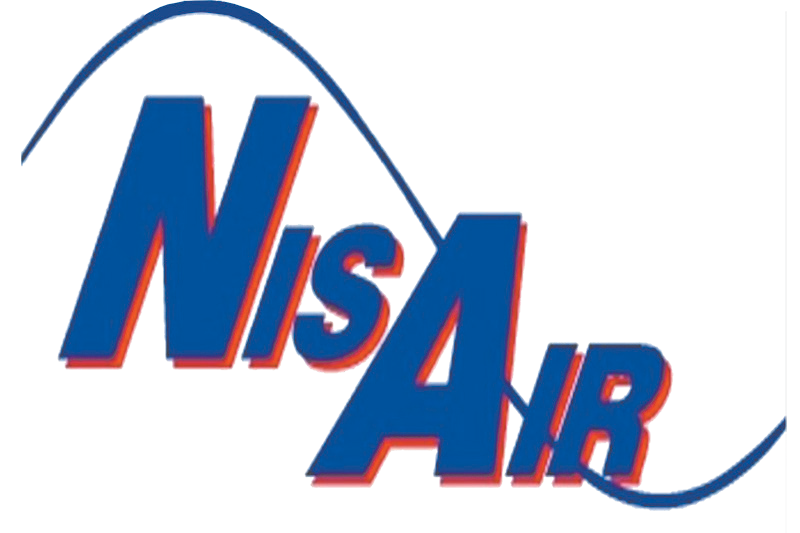Sealing Your Home In Martin County? Don’t Forget This 1 Key Area
If you’re sealing your home to improve energy efficiency, you’re probably targeting all the right areas: the attic floor, windows and doors, recessed light fixtures and more. However, one key area you can’t forget is the wall between your attached garage and your home. Sealing this area not only provides energy savings, it also improves indoor air quality by keeping harmful garage fumes out. Here are the key points to ensuring carbon monoxide and other garage fumes stay out of your living space.
Eliminate fumes from the garage
To help you enjoy the convenience of the attached garage without sacrificing indoor air quality, eliminate the fumes:
- Park cars, lawn mowers, and other gas-fueled tools outside when practical.
- Don’t idle the car or other gas-powered appliance in the garage, even if the big overhead door is open.
- Never start the car or other tool with the garage door closed.
- Keep paint, solvent, fertilizer, and pesticide in airtight containers. Store them in a separate storage shed if possible.
Isolate fumes by sealing your home
Even with your elimination efforts, some fumes can still exist in the garage. To keep them from entering the living space, sealing your home is vital. A professional contractor can help you with the following:
- If the garage has unfinished drywall, remove it to access the interior space. Fill this area with spray foam insulation to seal it. Then, reinstall taped, sealed drywall to reduce air leakage and improve fire safety.
- Install foam gaskets behind outlets and switch plates.
- Install a metal door between the garage and the house. This door should be self-closing, insulated and fire-rated with quality weatherstripping around the edges.
Vent fumes to the outside
An important final step is to ventilate the garage:
- Install a roof vent to passively exhaust air outside. This helps the garage stay at a negative pressure relative to the house so air moves outward instead of in.
- Install an exhaust fan to pull pollutants outside when you need active ventilation, such as when painting or using solvents.
For more information about sealing your home, please contact NisAir Air Conditioning and Heating. We serve customers in Martin County as well as those in Palm Beach and Indian River counties.

